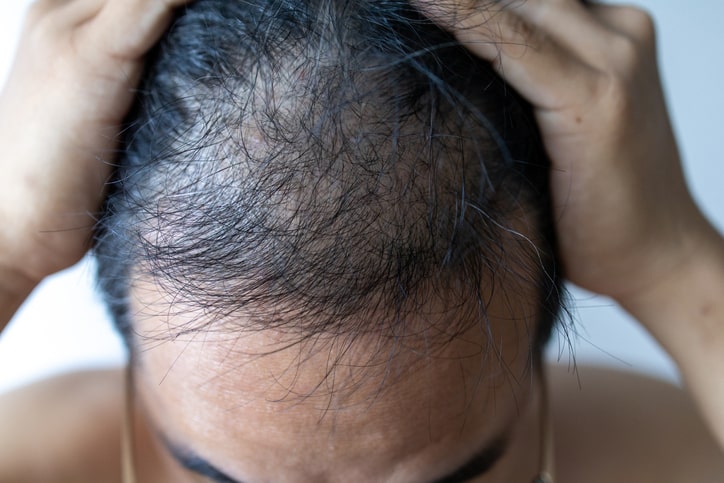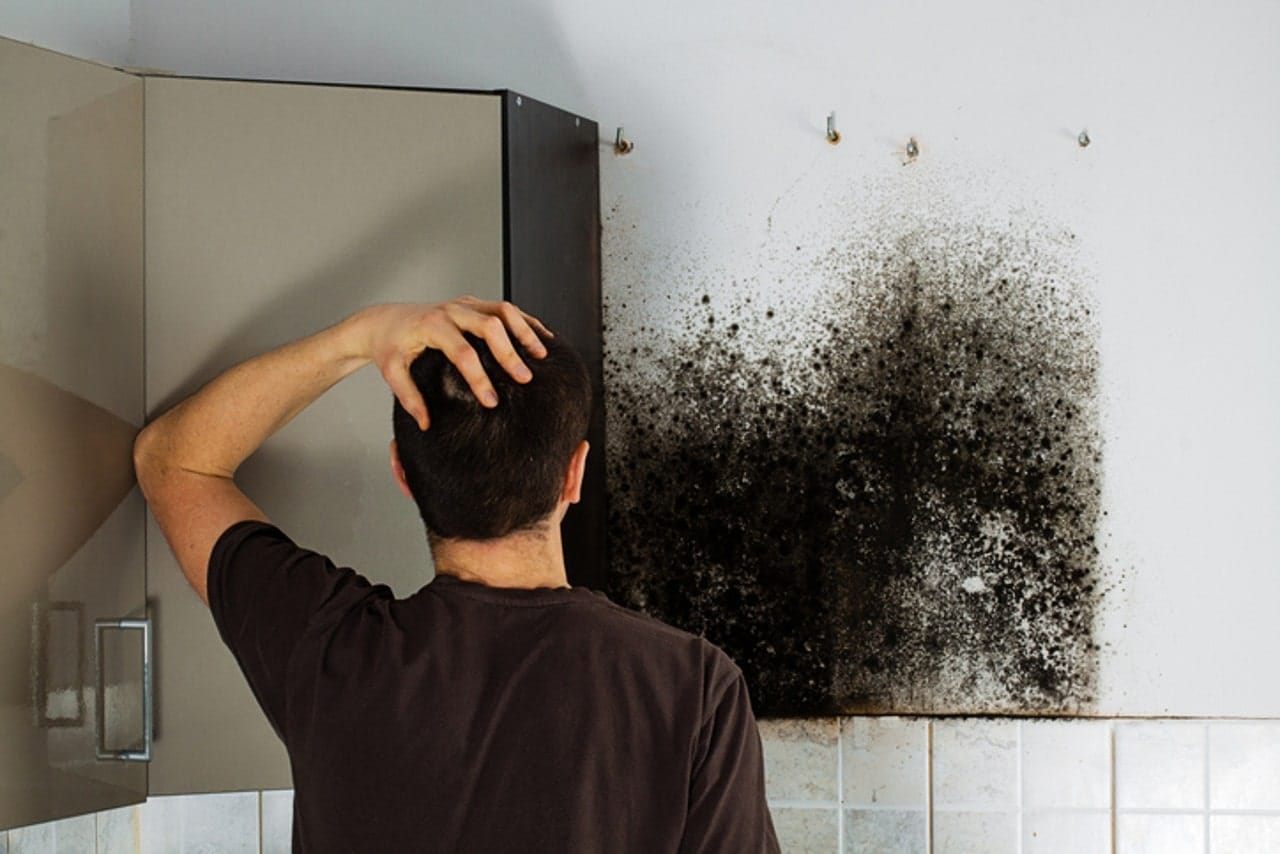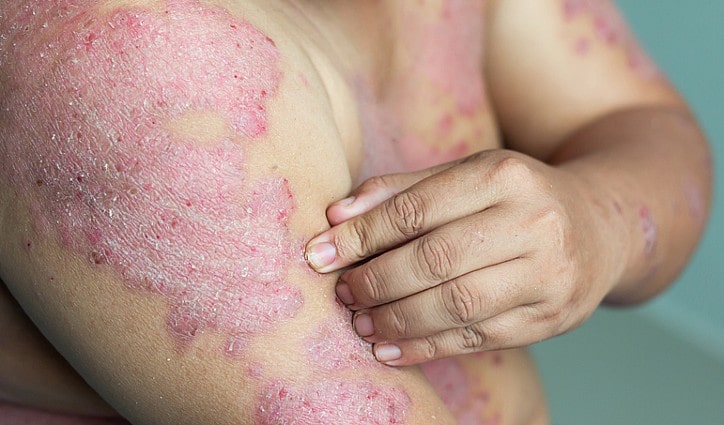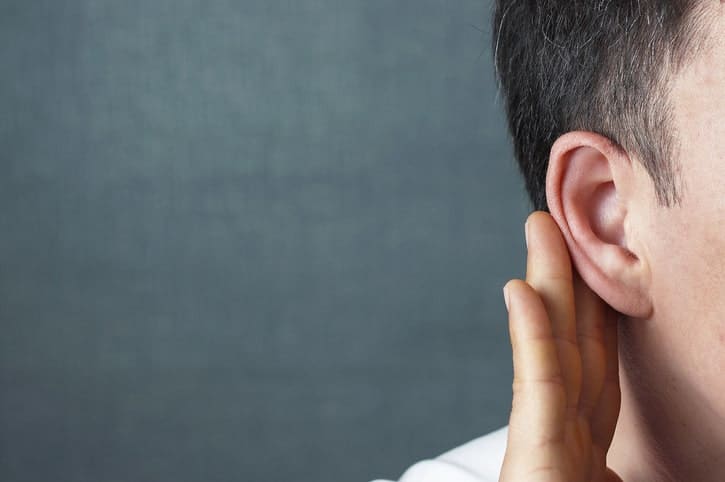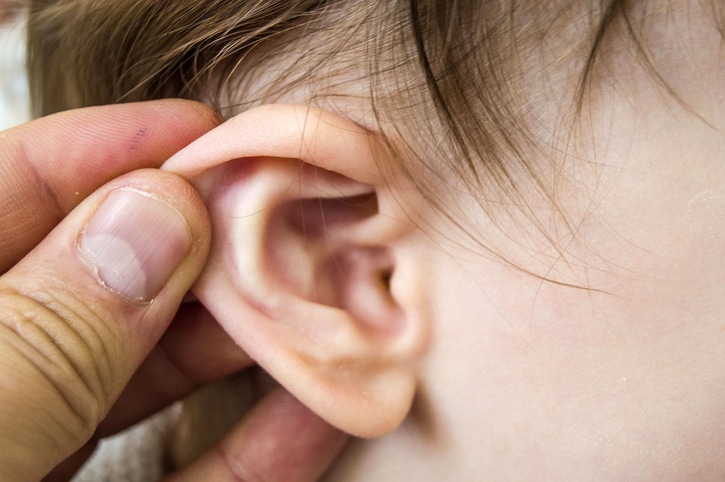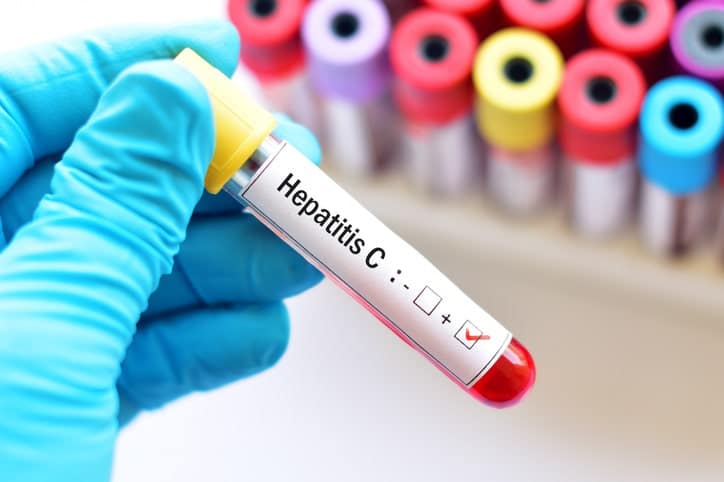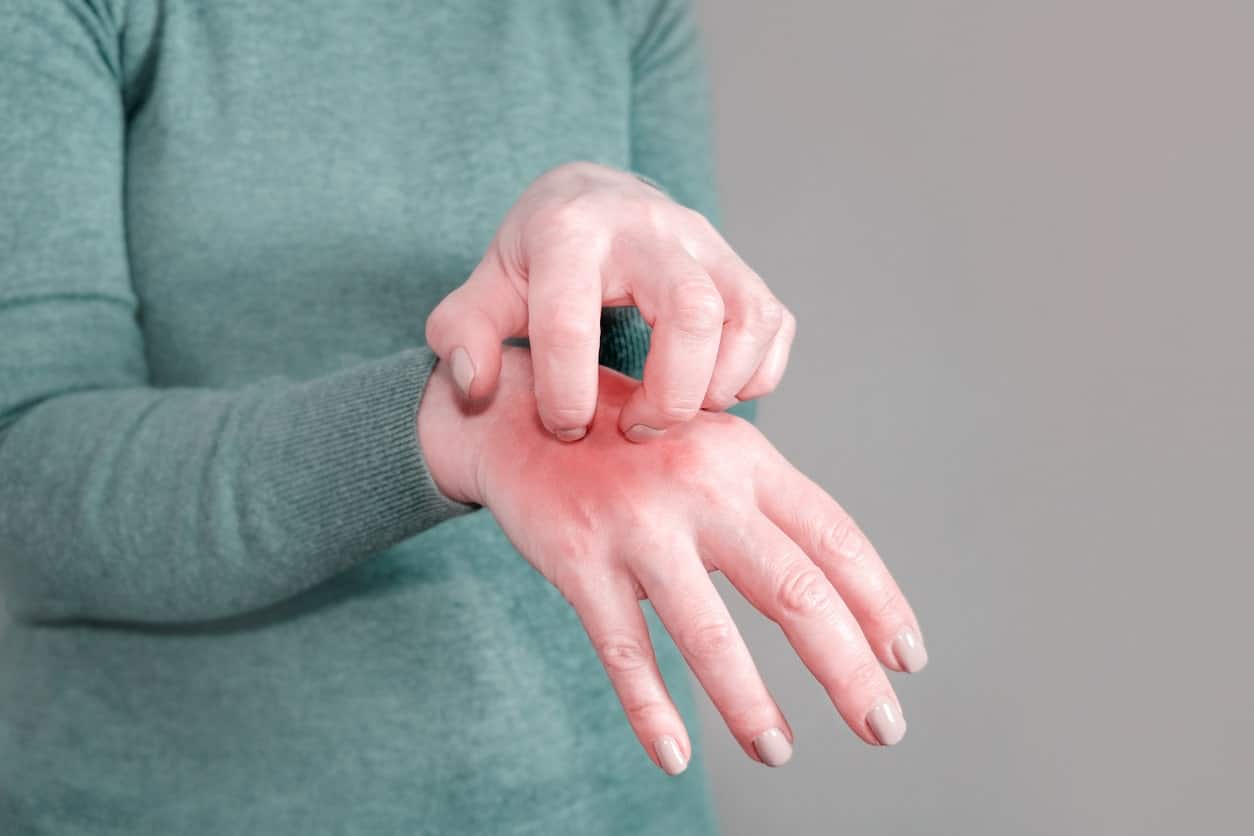Can’t control your pee? It may be a sign of an underlying medical condition.
Most people will experience some form of urinary problem or injury in their lifetime. These urinary tract problems can range from minor to more serious - and having trouble peeing is usually one of the most common symptoms of a urinary tract infection. Naturally, urinating should be a fairly easy and simple body function; most people are done in a few minutes should they feel the need to go for a short call.
Unfortunately, this is not always the case. Difficulty passing urine is common among males and can be caused by several health conditions that affect the bladder, prostate gland, and kidneys in men, such as prostate problems, urinary tract infections as well as kidney stones. In some patients, however, difficulty peeing can be triggered by more than health conditions.
Any man who experiences difficulty passing urine for more than a day or so should see a doctor. But what conditions are known to trigger this type of health problem?
Benign Prostatic Hyperplasia (BPH)
Before I discuss what BPH entails, let me first briefly say something about the prostate.
The prostate is a small and muscular gland in the male reproductive system. This small yet vital organ surrounds your urethra and produces most of the fluid in your semen. Its muscular cation plays an important role in propelling semen and fluid through the penis during sexual climax. In most men, especially as a result of the normal aging process, the prostate can become enlarged.
This enlargement is technically what is referred to as benign prostatic hyperplasia. BPH occurs when the cells of your prostate gland start to multiply, and these extra cells cause your prostate gland to swell, eventually squeezing the urethra and limiting the free flow of urine.
While the complications of BPH can sometimes prove to be serious, this condition should never be mistaken for prostate cancer. BPH does not increase your risk of prostate cancer either. Usually, the prostate tissue growth that is associated with BPH starts around your inner prostate, which is a ring of tissue around your urethra and continues to grow inward.
On the other hand, prostate cancer usually starts growing on the outer part of your prostate and continues to grow outward.
What are the primary symptoms of benign prostatic hyperplasia?
Some of the most common symptoms of BPH include:
- Straining to urinate
- Difficulty starting urination
- Incomplete bladder emptying
- Dribbling after urinating
- Frequent urination during the night or day
- Weak or intermittent emptying

What happens if benign prostatic hyperplasia is left untreated?
Thankfully, for some men, the symptoms associated with BPH don't require immediate treatment. BPH usually progresses slowly, so most patients can decide for themselves if and when they want to consider medical intervention.
Those with mild to moderate symptoms usually find that changes in their fluid intake, bladder habits, and perhaps medication use can significantly help relieve their bothersome symptoms. Of course, if your symptoms do not improve even after making necessary adjustments in your life, you should not hesitate to speak to your doctor. Most importantly, symptoms such as urinary retention can be a sign of an emergency medical condition.
Prostate Cancer
Did you know that prostate cancer remains the most common type of cancer in men after skin cancer, and is the third leading cause of fatality in men?
Common prostate cancer risk factors include;
- Age
- Family history
- Diet
- Ethnicity
A significant number of prostate cancer cases develop gradually and are confined to the prostate gland, where they may not cause or show serious symptoms. However, whereas other types of prostate cancer grow fairly slowly and may require minimal treatment intervention, other forms are somewhat more aggressive and can spread rapidly. Regardless, it is worth noting that prostate cancer that is detected early has the greatest chance for successful treatment.
Get screened for prostate cancer today!
What are the early warning signs of prostate cancer?
Common symptoms of prostate cancer include;
- Trouble urinating
- Reduced force in the stream of urine
- Presence of blood in urine
- Unexplained weight loss
- Bone pain
- Erectile dysfunction
- Presence of blood in semen
If you display any or all of the symptoms described above, you should seek medical intervention ASAP.
How do you treat difficulty urinating?
Treatment options usually depend on the stage of cancer and include surgery, radiation therapy and chemotherapy. The best way to detect prostate cancer in its early stages is to go for regular cancer screening. When detected early enough, prostate cancer is highly treatable, with a survival rate of nearly 98%!
Other conditions that may cause you to experience trouble urinating include:
Urinary tract stones
Stones made of urinary crystals can sometimes build up in your bladder, kidneys, or ureter, potentially obstructing your urethra and causing issues with your ability to urinate.
Urinary tract infections
Urinary tract infections can also cause urination problems, including the urge to urinate frequently, a burning feeling or pain during urination, and the presence of blood in your urine.
Weakened bladder muscles
With age, both men and women are likely to experience a loss of bladder muscle strength, potentially leading to problems with urinating. Research shows that regular Kegel exercises may help strengthen your bladder muscles, helping to resolve related bladder issues.
Medications
Some medications can potentially interfere with normal bladder function, such as antidepressants, antihistamines, and those used in the treatment of spasms.
The bottom line
If you are currently having trouble urinating, don’t panic yet! The best thing to do is seek medical attention as soon as possible, as difficulty urinating is more often than not a sign of an underlying medical condition.
References
- Dougherty, J. M., & Aeddula, N. R. (2021). Male Urinary Retention. In StatPearls. StatPearls Publishing.
- Litwin, M. S., & Tan, H. J. (2017). The Diagnosis and Treatment of Prostate Cancer: A Review. JAMA, 317(24), 2532–2542. https://doi.org/10.1001/jama.2017.7248
- Litwin, M. S., & Tan, H. J. (2017). The Diagnosis and Treatment of Prostate Cancer: A Review. JAMA, 317(24), 2532–2542. https://doi.org/10.1001/jama.2017.7248
This article was written and medically reviewed by Dr Ben, M.D on 07/10/21


